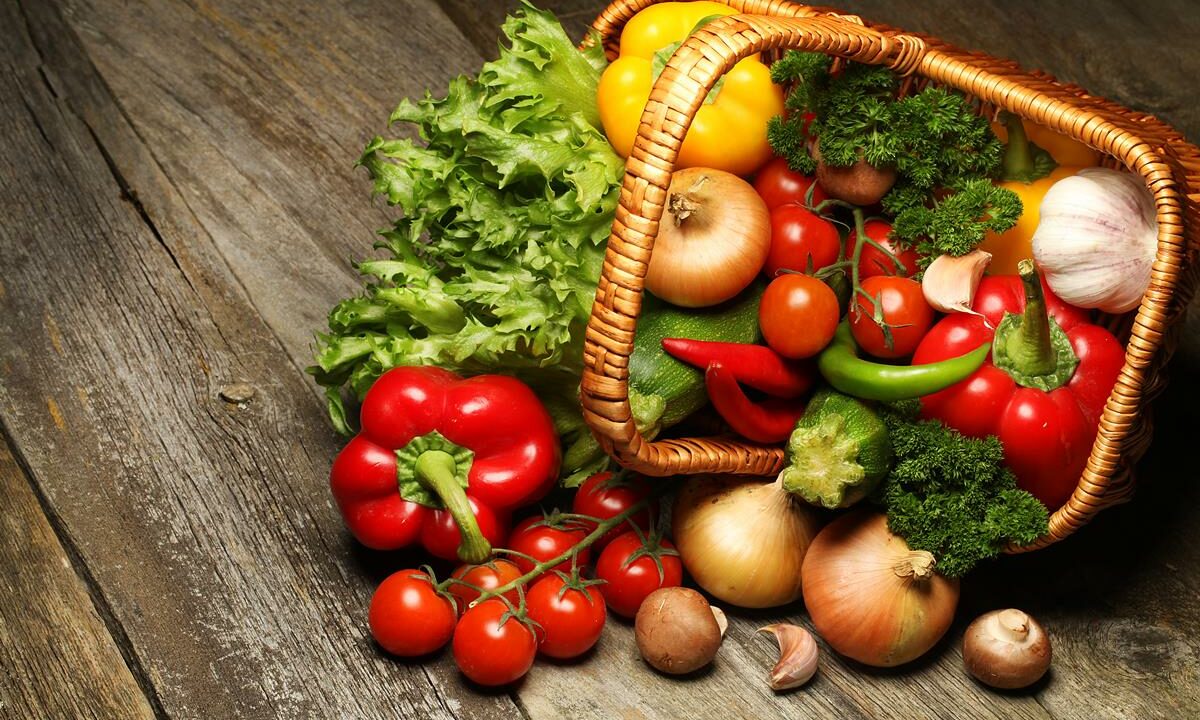With around 88m tonnes of food waste generated annually in the EU, the European Commissioner for Health and Food Safety, Vytenis Andriukaitis has outlined five key areas of action to tackle food waste going forward.
Speaking late last year, he said that while 20% of food produced in the EU is lost or wasted, at the same time 55m people are not able to afford a quality meal every second day.
Looking forward, he set out five key areas of action on food waste:
1.Measuring Food Waste Consistently
First, the Commission will elaborate a common EU methodology to measure food waste consistently in cooperation with Member States and stakeholders, the Commissioner said.
“In doing so, we will build on the excellent work of the EU-funded research project FUSIONS (Food Use for Social Innovation by Optimising Waste Prevention Strategies) – whose manual can be used by Member States, in cooperation with stakeholders, to quantify food waste levels at each stage of the supply chain.”
2.Surplus food should be made available to people in need
Secondly, the Commissioner said that surplus food that is safe should, as a priority, be made available to people in need.
At the moment, it is often easier to waste food than to give it away and this is simply unacceptable, he said.
“For this reason, the Commission will develop, in co-operation with Member States and stakeholders, guidelines to facilitate food donation in the EU.
“The new guidelines will clarify – as and where necessary – the food safety and food hygiene regulations with which food business operators must comply, as well as the fiscal rules applicable to food donation.”
3. Lifting barriers which prevent the safe use of food resources in the food chain
“The Commission will clarify and – wherever possible – lift any barriers which prevent the safe use of food resources along the food and feed chain.
“I refer here, for instance, to the use of so-called “former foodstuffs” (such as unsold bread or broken biscuits) which are safe to eat but are no longer marketed for human consumption, as a possible resource for animal feed.
“We need to ensure that such valorisation is not considered as “waste” anywhere in the EU and also ensure proper traceability of such food resources, so that they can be safely used in animal feed production.”
4.Improving the use of data marking in the food chain
Commissioner Andriukaitis said that the Commission will also examine ways to improve the use of date marking in the food chain; and also its understanding by consumers.
“Best before” and “use by” dates found on food labelling guide not only consumers’ choice and use of foods, he said but more generally are a crucial element of food supply chain management.
“The Commission has recently launched new research to map date marking practices by food business operators and control authorities. Together with consumer research and other findings, this study will help inform future policies on date marking.”
5. Platform on Food Losses and Food Waste
The Commission established a new Platform on Food Losses and Food Waste in November 2016, bringing together Member State experts, EU bodies, international organisations and all actors across the food value chain including Non-Governmental Organisations.
The Commissioner said that this platform will help the EU to define the measures needed to achieve the food waste Sustainable Development Goals.
“In fact, it aims to help us get there faster by:
- Facilitating inter-sector co-operation;
- Sharing best practices and results; and
- Evaluating progress made over time.
“The platform will represent the cornerstone of the outlined strategy to fight food waste by providing advice, experience and expertise to the Commission and Member States with the view to improve the coherent implementation and application of EU legislation, programmes and policies.”
To fight food waste and promote the circular economy, the Commissioner said that the we need to redesign our food supply chain, minimising waste and optimising resource use to generate value for consumers, producers and society.
“This requires a shared understanding of the issues at stake and close cooperation between all concerned to implement real and lasting change,” he said.
